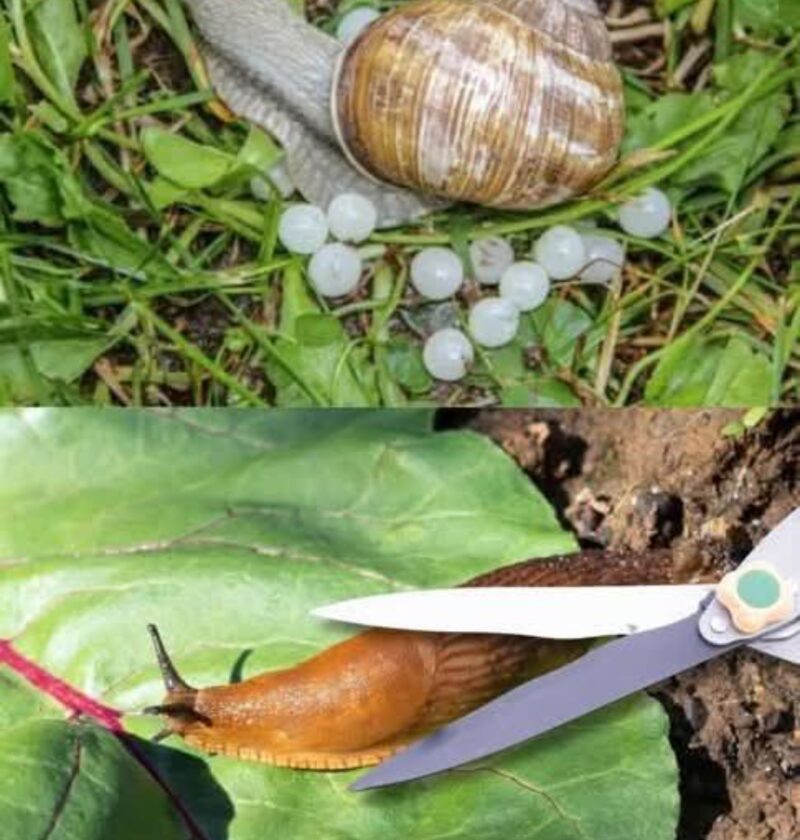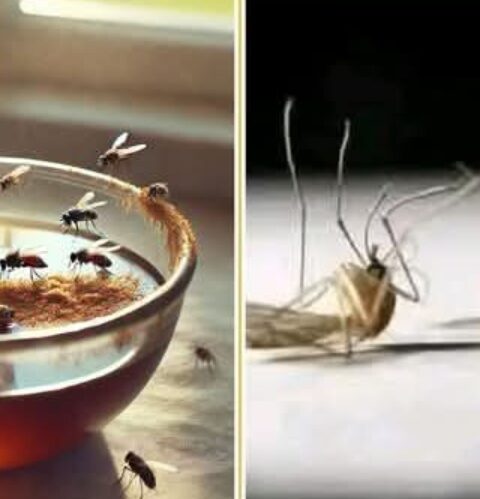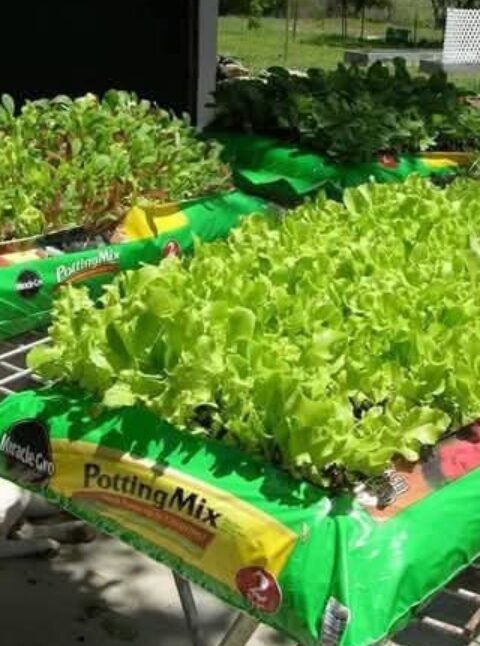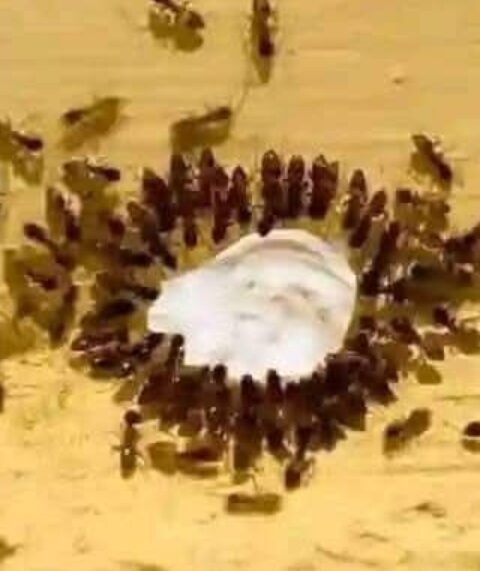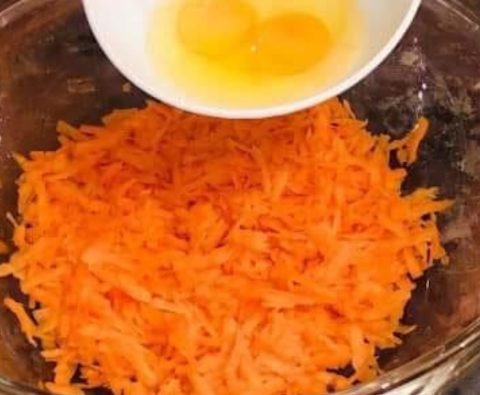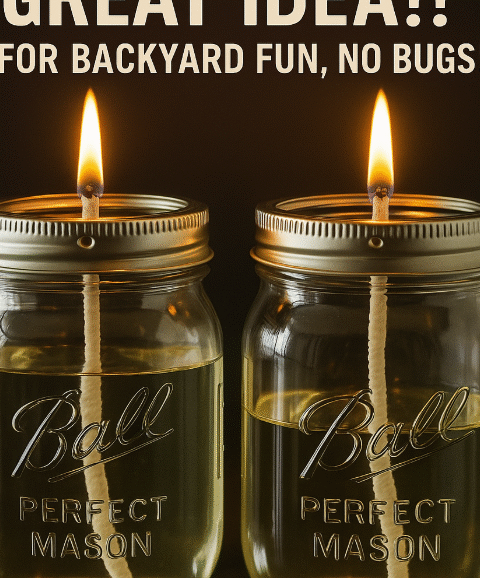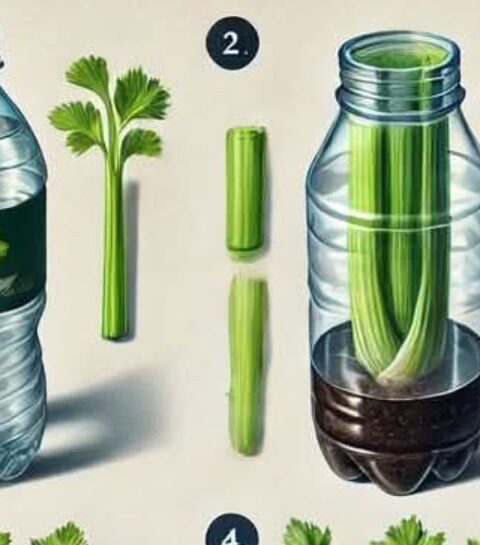Natural Slug and Ant Control: Protect Your Garden Easily and Effectively
Introduction: A Natural Way to Keep Pests Out
Gardening is a joy, but battling pests like slugs and ants can quickly turn that joy into frustration. Fortunately, you don’t have to rely on harsh chemicals to protect your beloved plants. With a few simple, natural methods, you can keep slugs and ants at bay while maintaining a healthy and environmentally friendly garden.
In this guide, we’ll walk you through easy, natural methods to eliminate slugs and ants from your garden — using things you probably already have at home. Let’s dive into these effective, eco-friendly solutions!
Why Choose Natural Methods?
- Eco-Friendly: Safe for bees, butterflies, pets, and children.
- Cost-Effective: Uses household items you likely already own.
- Sustainable: Supports long-term garden health.
- Chemical-Free: No toxic residues left in the soil.
Protect your plants without harming the environment or beneficial insects!
How to Get Rid of Slugs Naturally
1. Manual Collection at Night
- Why it works: Slugs are nocturnal and most active at night.
- How to do it:
- Grab a flashlight.
- Head out after dark.
- Pick slugs off plants by hand (wear gloves if preferred).
- Place them in a bucket of soapy water to eliminate them.
Tip: Focus on moist areas under leaves, rocks, or garden debris where slugs like to hide.
2. Keep the Soil Dry
- Why it works: Slugs thrive in damp conditions.
- How to do it:
- Water your garden early in the morning.
- Allow the soil to dry by evening.
- Avoid overwatering and use well-draining soil.
Dry nighttime soil makes your garden less appealing to slugs!
3. Copper Barriers
- Why it works: Slugs get a mild electric shock when touching copper.
- How to do it:
- Wrap copper tape around pots, raised beds, or garden borders.
- Make sure the tape forms a continuous barrier.
Invest once in copper tape for long-term protection.
4. Beer Traps
- Why it works: Slugs are attracted to the scent of fermentation.
- How to do it:
- Bury a shallow container (like a yogurt cup) to soil level.
- Fill with beer.
- Slugs will crawl in and drown.
Empty and refresh beer traps every few days for maximum effect.
5. Eggshell Barriers
- Why it works: Crushed eggshells irritate slugs and can cause them to dry out.
- How to do it:
- Crush eggshells into small pieces.
- Scatter them generously around the base of plants.
Bonus: Eggshells also add calcium to the soil as they decompose!
How to Repel Ants Naturally
1. Vinegar or Lemon Water Spray
- Why it works: Ants hate strong acidic smells.
- How to do it:
- Mix equal parts vinegar (or lemon juice) and water in a spray bottle.
- Spray directly onto ant trails and entry points.
Be cautious around delicate plants — vinegar can damage leaves.
2. Baking Soda
- Why it works: Baking soda disrupts ants’ scent trails and can be lethal to them.
- How to do it:
- Sprinkle baking soda around the base of plants.
- Reapply after heavy rains.
A natural, inexpensive way to disrupt ant colonies!
3. Planting Peppermint
- Why it works: Ants dislike the strong aroma of peppermint.
- How to do it:
- Plant peppermint around your garden beds.
- You can also use peppermint essential oil diluted in water and spray problem areas.
Bonus: Peppermint also deters mosquitoes and other pests!
How to Repel Both Slugs and Ants Together
Used Coffee Grounds
- Why it works: The gritty texture and strong smell repel both slugs and ants.
- How to do it:
- Scatter used coffee grounds around sensitive plants.
- For extra effectiveness, mix grounds with a small amount of borax.
Borax strengthens pest control but should be used sparingly to avoid harming beneficial insects.
Bonus Natural Remedies to Try
- Cinnamon Powder: Sprinkle around plants to repel ants and other insects.
- Diatomaceous Earth: A fine powder that dehydrates slugs and insects upon contact.
- Seaweed Mulch: Naturally deters slugs and provides trace minerals to the soil.
Rotate methods periodically for the best long-term pest control.
Tips for Ongoing Pest Prevention
- Keep your garden tidy: Remove debris where pests hide.
- Use companion planting: Grow pest-repelling plants like garlic, lavender, and marigolds.
- Attract natural predators: Birds, frogs, and beetles love to feast on slugs and ants.
- Monitor moisture levels: Too much water invites pests.
A healthy, diverse garden ecosystem is the best long-term defense!
Frequently Asked Questions (FAQs)
Does vinegar hurt plants?
Yes, vinegar can harm plants if sprayed directly on leaves. Always target the soil or non-plant surfaces.
How often should I refresh beer traps?
Every 2–3 days or after rain to maintain effectiveness.
Can I combine methods?
Absolutely! For example, use copper tape plus coffee grounds for extra slug protection.
What’s the safest method around pets?
Eggshells, coffee grounds, and manual collection are very pet-safe.
Do slugs and ants come back?
Yes, pests can return. Stay consistent with preventive methods to keep them away long-term.
Conclusion: A Healthier, Happier Garden Awaits
With these simple, natural methods, you can easily keep slugs and ants under control without resorting to toxic chemicals. By using household items like vinegar, coffee grounds, and eggshells, you’ll create a vibrant, safe, and pest-free garden space.
Stay consistent, mix methods, and enjoy watching your plants thrive with less pest damage. Happy gardening!
